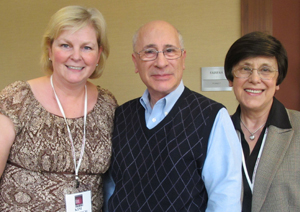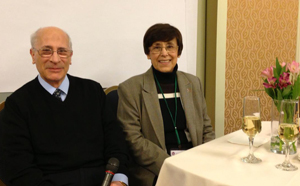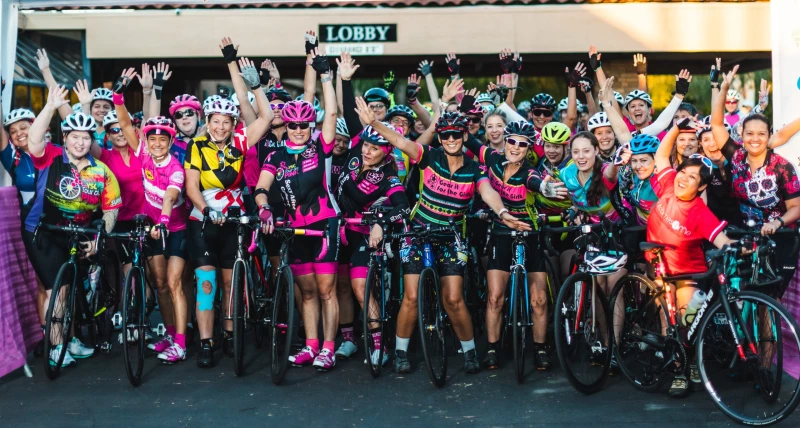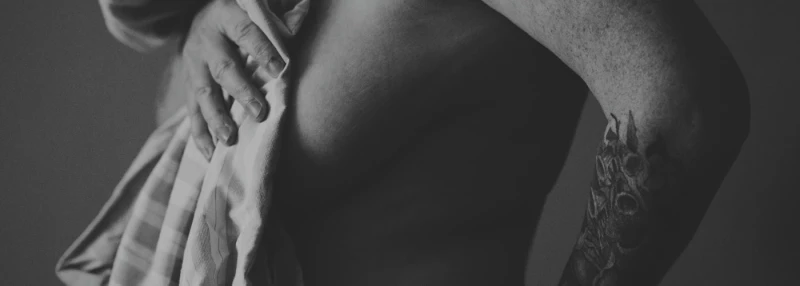
In 2006, when I was receiving treatment for Stage III breast cancer at Fox Chase Cancer Center in Philadelphia, I had no idea that on the other side of the building was a researcher who had been working diligently for over 30 years trying to find a way to prevent the disease that had ravaged my body.
Dr. Irma Russo was a pioneer in identifying the mechanisms of breast cancer prevention and was working to develop a hormonal treatment for disease prevention using the pregnancy hormone hCG. I was very sad to learn that Dr. Russo passed away from ovarian cancer last week. We young breast cancer survivors have lost one of our champions.
I first met Dr. Russo a few years after my diagnosis. She and her husband, Dr. Jose Russo, had put together an innovative program for breast cancer advocates called “Researcher for a Day.” We had the opportunity to shadow researchers and actually participate in their workday with the goal of making us more informed advocates.
Some of us learned how to seal chunks of tissue in paraffin blocks. Others learned how to analyze the genetic instructions in rat RNA. I had the daunting task of dissecting a rat and removing the mammary gland in order to extract the RNA for analysis. Throughout it all, Irma and Jose went around to each group of advocates encouraging and educating us. Having fought the disease as patients, they wanted to teach us how the disease was fought in the lab.
Over the next several years I got to know Dr. Russo better as I worked with her on several research projects. Once she had helped train advocates in the lab, she was eager to incorporate the unique perspective of a breast cancer patient in helping her to become a better researcher. She often asked survivors to participate in writing research grants and solicited our recommendations from the very beginning of the process.
Most recently, Irma and Jose Russo participated in the Young Survival Coalition’s Research Think Tank to help YSC determine the most pressing research questions to improve the quality and quantity of life for young breast cancer survivors.
When YSC was looking for researchers to be a part of this groundbreaking initiative, the Russos were some of the first to sign on. To YSC’s invitation to participate, Irma promptly responded, “The risk of breast cancer in young women is a topic very dear to me, and I will be quite pleased in participating in this symposium in collaboration with scientists and advocates.”
Not only did the Russos “sign on,” but they participated as a part of two work groups: the Pregnancy workgroup and the Identification of Factors that Increase the Risk of Breast Cancer in Young Women workgroup. At the meeting, Irma was passionate about working with advocates and in particular young survivors to share her ideas and research.

In fact, the Russos elected to spend their 45th wedding anniversary at the YSC Research Think Tank because they felt so strongly about YSC’s research agenda. With a little champagne and some cake, we celebrated their special milestone with them.
Dr. Irma Russo made a tremendous impact in the world of breast cancer research over the years. Together with her husband, she published five books and more than 200 research articles. As one colleague recently commented, “The collaboration between Jose and Irma was so deep that it was, at times, impossible to determine where one ended and the other began.”
Anyone who saw the two of them together recognizes the truth in this statement. But she was also very much her own individual — founding the League of Women Against Cancer in 1994 whose mission is to provide education and help for women with cancer and deciding several years ago to learn to scuba dive at the age of 66.
Until the time of her death at the age of 71, she dedicated her life to better understanding and prevailing over breast cancer. While her legacy will live on in her many achievements in research and the more than 50 physicians and scientists she trained and mentored over the years, it was her willingness to give a scared young mother who knew nothing about breast cancer the power of knowledge and the support of her convictions that will forever remain with me. She will be missed.


